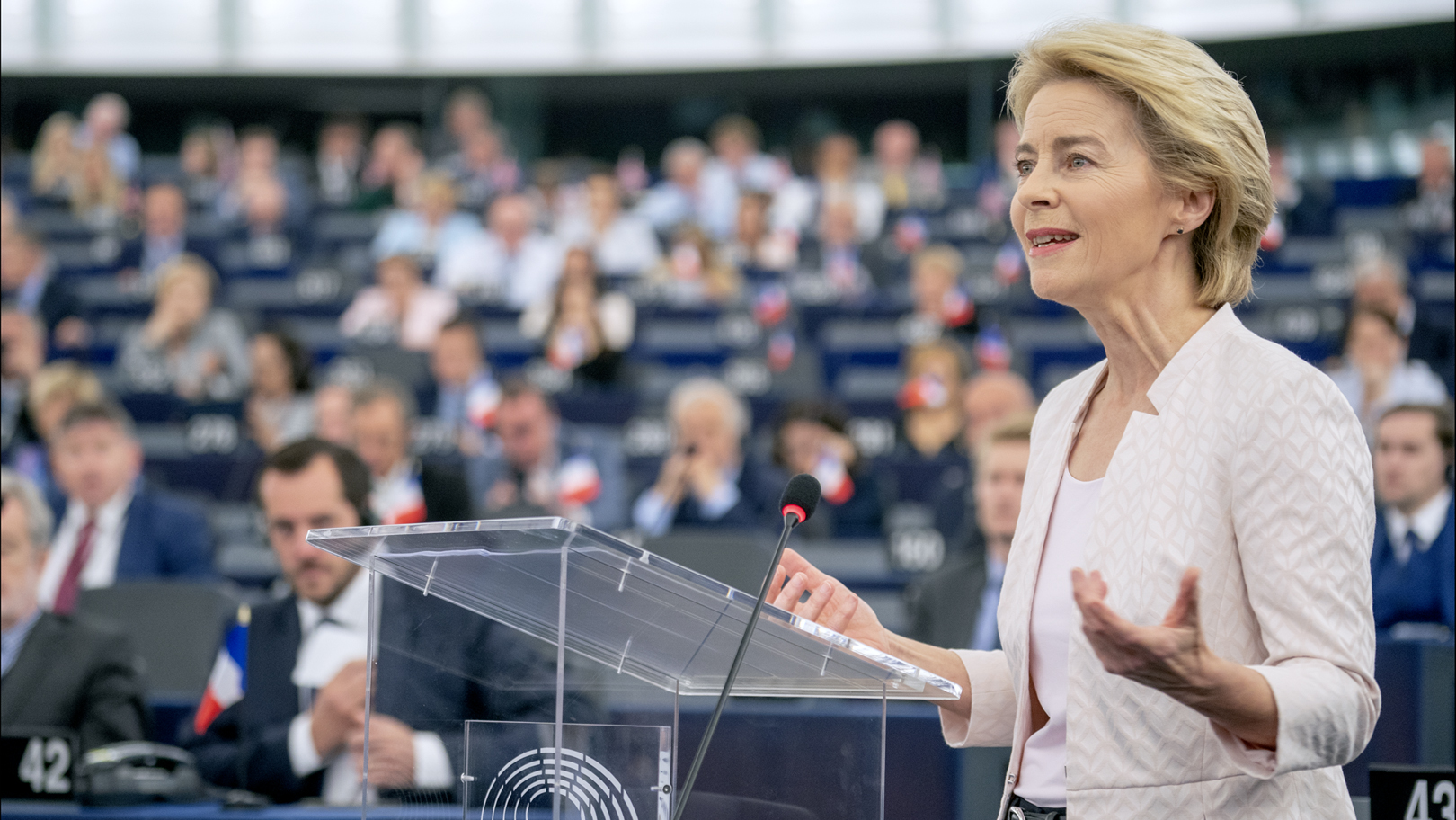A Renewed Europe?
Welcome to the European Union, where travel between countries is visa-free, trade is relatively unrestricted and capital can move freely from country to country. Even though it has been largely built by Christian Democrats and Social Democrats, the EU has always been Liberal in its ideals: the four freedoms are the clearest example of this, but so is the EU’s belief in the liberal international order.
Nevertheless, even liberals in Europe talk not nearly enough about the EU and its internal working. Even when the EU receives some attention, its politics are too often viewed from a national perspective.
A small uptick in attention for EU-affairs took place in the run-up of the 2019 European parliament elections, but after results have been analyzed the attention quickly faded and important appointments and changes made right after the election have not received the attention they deserve.
The first change is a slightly semantic one: The liberal group in the European Parliament, with 108 out of 751 members, is now the third largest group in the European Parliament, and with 68 MEPs in the last mandate, the liberal group has almost doubled in size.
However, the group, which was previously named “Alliance of Liberals and Democrats for Europe” (or “ALDE”, for short) is now called “Renew Europe”, sadly dropping the word liberal from its official name. The reason behind this is the good performance of liberal candidates in France. Even though liberal ideas are alive and well in France, sadly the word itself is associated only with right-wing policies such as historically pursued by Thatcher and Reagan.
Another important issue is the appointment of the president of European Commission (EC). The EC is the executive branch of the EU, it is comparable to a cabinet at the national level.
An EC president nominee needs to win the approval of the governments of EU member states. To be precise, it needs the approval of 55% of member states representing at least 65% of the EU population. The nominee-president then needs to win approval of the newly elected European Parliament (EP), where an absolute majority is necessary.
The EP has however, before the elections took place, promised to only approve a candidate that had actually campaigned for the job, which would probably have meant presenting a manifesto, ensuring media scrutiny, and debates with other candidates.
The candidate from the largest European party: the EPP, was Manfred Weber, he failed however to win the support of enough governments as he had no previous executive experience. The Socialist candidate, Frans Timmersmans, failed to receive enough support from member state governments as he had taken a hard line on democratic backsliding in Eastern Europe.
Instead government leaders came up with Ursula von der Leyen (now commonly shortened to the acronym VDL), the German defense minister, who until her resignation was the only cabinet minister to have served continuously in all of Merkel’s governments. Crucially, she is also part of the EPP, the center-right Christian-Democratic group that has won the most seats in the recent European Parliament elections.
Following her nomination, a scrabble ensued to win parliamentary approval: She first announced that she would like to see Timmermans, the Socialist candidate, and Vestager serve on her Commission. Vestager was one of the liberal candidates for the European Commission presidency, and currently the Commissioner for Competition, winning fame and praise for cracking down on the monopolistic behavior of several tech giants such as Google and Apple.
Following this, and after hearings with the major European political parties, Von der Leyen wrote her “Political Guidelines” laying out a whole series of commitments on a wide variety of issues. This letter reads a lot like a coalition agreement, as is the norm in some political cultures in Europe, where the parties forming a government come to a deal on important policy matters before they take office. Liberal demands included commitments on climate policy and on a monitoring mechanism to guarantee the rule of law in all member states of the EU.
The new commission will probably take office on the first of November 2019 (possibly the day after Brexit takes place).
In the end, the fact that Von der Leyen was elected is a victory of member-state governments over the directly elected European Parliament, however the parliament got some clear policy commitments in return.
The EU needs to find a balance between the power of member states and the people’s directly elected representatives in the European Parliament, the irony here is that measures to make the EU more democratic are often most opposed by those skeptical of the EU, as a more democratic EU would probably mean less power for member-states in EU governance.
As regional blocks become a more important, the experience of the EU in creating a more democratic structure might provide an example (whether of success or of failure is still to be determined) for other regional blocks such as MERCOSUR or African integration efforts.
Sam Bogerd is a member of the socially-liberal D66-party in the Netherlands and of its affiliated youth organization: Jonge Democraten. Mainly interested in European and local politics.

